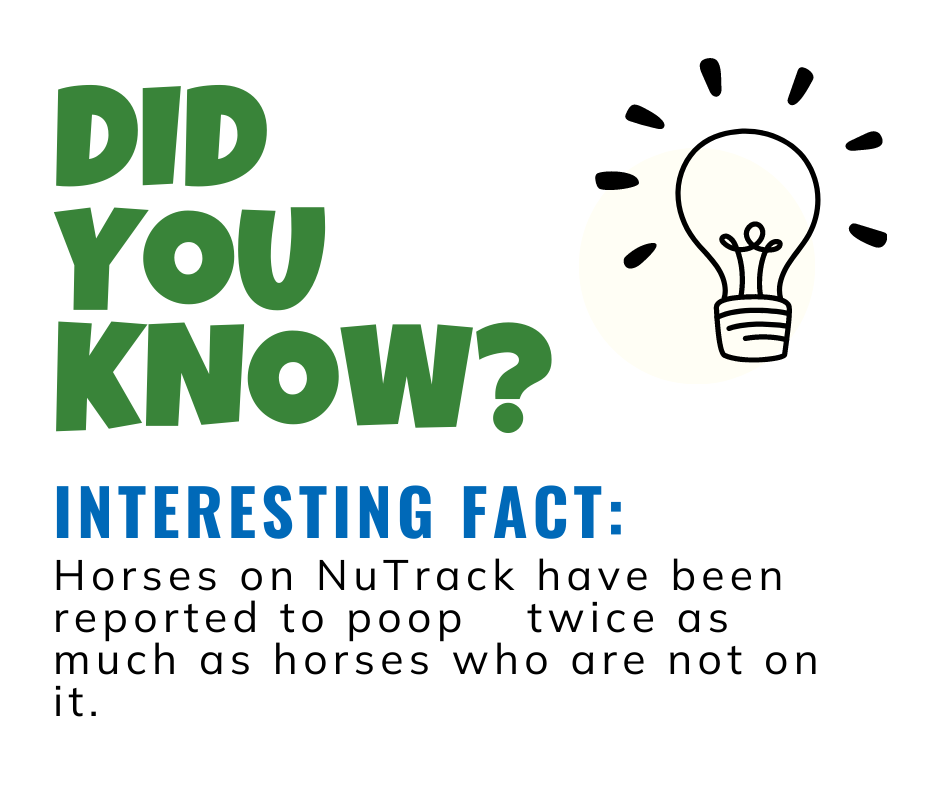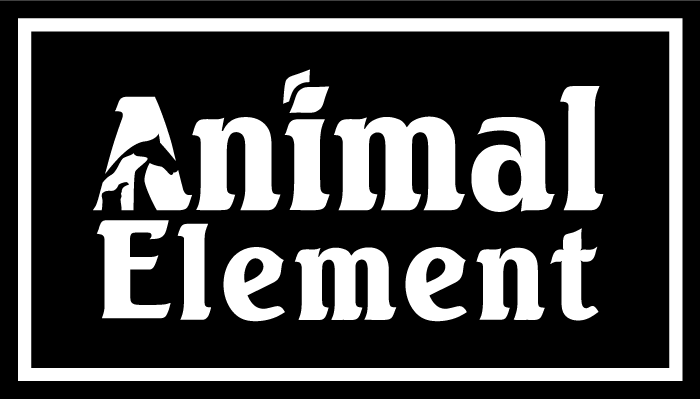Last updated on October 8, 2024

Does your horse really need an amino acid supplement? While amino acids for horses are not a commonly discussed supplement, the benefits of using amino acids in your feed program are numerous. We believe that a horse’s digestive tract health is important and that it’s possible that many of the issues horse owners face can actually be linked to not having a healthy, clean digestive tract. Read on to learn the benefits of amino acids, what they are exactly, and why they help your horse. We also included testimonies of changes horse owners have seen since implementing the right amino acids into their horse’s diet.
What Does an Amino Acid Do?
Amino acids are part of the cellular chain that make up proteins. Once the proteins reach the stomach, they are broken down into smaller chains which are easily absorbed in the small intestine. According to healthline.com,1 “As this happens, your pancreas releases enzymes and a bicarbonate buffer that reduces the acidity of digested food. This reduction allows more enzymes to work on further breaking down amino acid chains into individual amino acids.” The presence of amino acids in the digestive tract triggers it to produce more digestive enzymes, which help coat the stomach lining, reducing the risk of ulcers and aiding nutrient absorption.

Digestive Enzymes Are Important Too
Digestive enzymes are proteins that are naturally produced by the body to help break down food in the digestive tract.2 They are vital for a healthy digestion system and absorption of nutrients. Animal Element’s NuTrack is “a source of nutrients that provide the proper levels of beneficial digestive bacteria to assist with the operation of your animal’s digestive system. NuTrack is one of the most concentrated, high-quality digestive direct-fed microbial, yeast cultures, and enzymes products on the market.”
NuTrack contains 14 different amino acids and 7 vital minerals to make sure that your horse is getting every last nutrient out of their food sources, and they are able to properly digest them. Fun fact: horses on NuTrack have been reported to poop twice as much as horses that are not on it. This may not seem like a great benefit, since it means more work for you, but hear us out.

Why So Much Poop?
NuTrack works from the front of a horse’s digestive tract (esophagus, stomach, small intestine), and works its way to the back, cleaning out everything that is no longer needed in the gut. All the “extras” are flushed out and not just left sitting in the hindgut (cecum, small and large colons, and rectum)3. This means a lower risk of colic, higher nutrient absorption, and yes…more poop to shovel.
Most horse owners know that free choice hay or forage is absolutely critical for keeping ulcers at bay. Since horses are grazing animals, they have a high amount of stomach acid to help digest the constant food intake. If that forage is not available, the stomach acid has nothing to break down, so it begins to essentially break down the stomach lining, causing painful and potentially dangerous ulcers. NuTrack helps eliminate the risk of ulcers by neutralizing excess stomach acids.
Happy Horses=Happy Owners!

Happy customers of NuTrack have reported:
- Colic prone horses are happy and comfortable with a healthy gut
- Significant reduction in ulcers
- Cinchy behaviors have been swapped for calm demeanors
- Overall health has improved
- Increased feces production
If you are ready to get your horse on track for their best health yet, or are struggling to keep their gut happy and healthy, NuTrack is the product for you! Order here or contact your local Animal Element dealer to get started today. And get ready to clean those stalls. (We promise it’ll be worth it!)
- Dix, Megan, RN, BSN. “How is Protein Digested?” healthline.com, Apr. 1, 2021. https://www.healthline.com/health/protein-digestion
- Powell Key, Alyson. “What Are Digestive Enzymes?” Webmd.com, Nov. 29, 2021. https://www.webmd.com/diet/what-are-digestive-enzymes
- Auwerda, Peggy. “Digestive Anatomy and Physiology of the Horse.” Iowa State University Extension Office-Equine Science, https://www.extension.iastate.edu/equine/blog/dr-peggy-m-auwerda/digestive-anatomy-and-physiology-horse
Content is for informational purposes only. Written by team at FaithHanan.com

